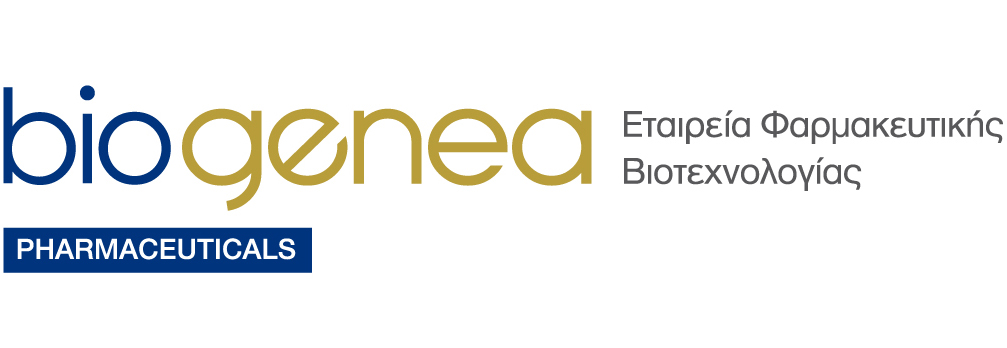FAQ
MAIN CATEGORIES OF STEM CELLS:
HEMATOPOIETIC STEM CELLS:
Main sources are:
- umbilical cord blood,
- adult peripheral (venous) blood and
- bone marrow.
MESENCHYMAL STEM CELLS:
Main sources are:
- Wharton’s jelly of umbilical cord
-
the pulp of the new teeth and
- bone marrow
Since 1988, umbilical cord blood has been used to treat serious diseases. However, stem cell research is such that the number of diseases and injuries that can be treated with their use is constantly increasing.
Leukemias, lymphomas and other hematopoietic malignancies
-
Acute diphenotypic leukemia
-
Acute lymphocytic leukemia
-
Acute marrow leukemia
-
Acute undifferentiated leukemia
- T leukemia/addult lymphoma
-
Chronic lymphocytic leukemia
-
Chronic myelogenous leukemia
- Hodgkin lymphoma
- Non-Hodgkin lymphoma
-
Juvenile chronic myelogenous leukemia
-
Juvenile myelomonocytic leukemia
- Multiple myeloma
-
Acute NK cell leukemia
-
Pellocytic leukemia
-
Waldenström macroglobulinemia
Other malignancies
- Brain tumors
- Ewing Sarcoma
- Neuroblastoma
- Ovarian cancer
- Kidney cancer
- Rhabdomyosarcoma
- Microcellular carcinoma of the lung
- Testicular cancer
- Thymoma
- Bone marrow disturbances
- Hemoglobinopathies
-
Histiocytic disorders
-
Myelodysplastic / Myeloproliferative disorders
- Metabolic dissorders
- Immunological dissorders
Clinical applications of stem cells under research
- Brain lesions
- Central paralysis
- Diabetes melitus type 1
- Cardiopathies
Source: Umbilical Cord Blood Donor Foundation,
USA, www.cordblooddonor.org

